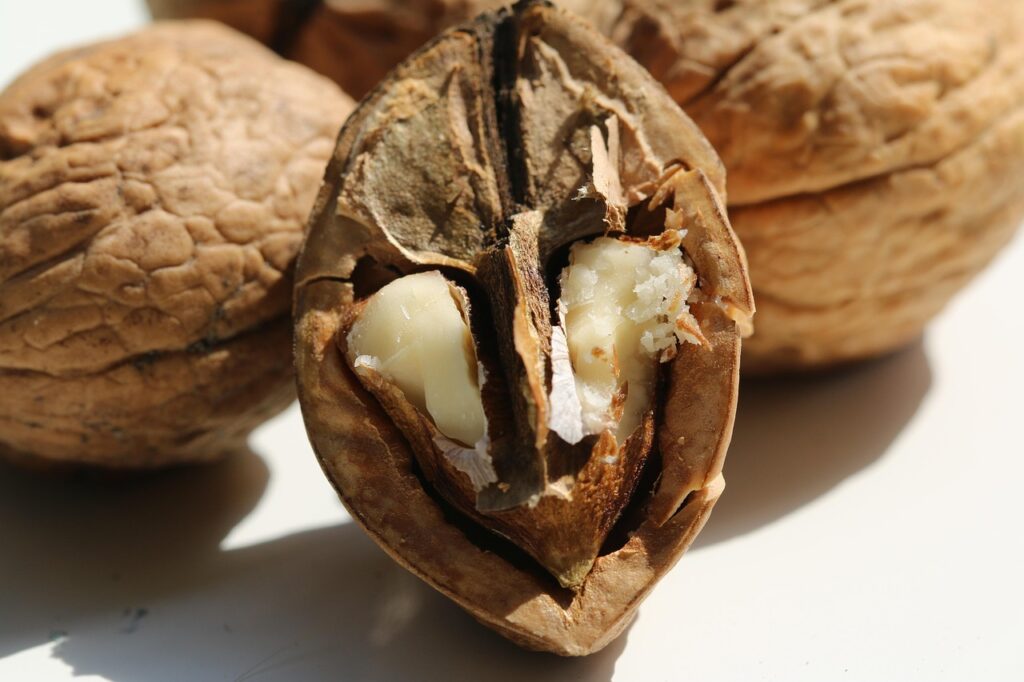As we grow older, taking care of our heart becomes more important than ever. Heart disease remains one of the leading health concerns among seniors, but the good news is that some of the most effective ways to support heart health are simple and natural—starting with what’s on your plate.
One often-overlooked group of foods that can have a powerful impact on heart health is nuts. These tiny powerhouses are packed with nutrients that support a strong heart, steady blood pressure, and lower cholesterol. And best of all? A small handful a day is often all it takes to start reaping the benefits.
Let’s take a closer look at why adding nuts to your diet can be a smart move for your heart—especially in your golden years.
1. Nuts Are Rich in Healthy Fats
Not all fats are created equal. While saturated fats (like those found in fried foods or processed meats) can increase the risk of heart problems, the unsaturated fats found in nuts actually support heart health.
Nuts are full of monounsaturated and polyunsaturated fats, which can help lower “bad” LDL cholesterol while raising “good” HDL cholesterol. That means they help keep your arteries clear and reduce your risk of heart attacks or strokes.
Top picks: Almonds, walnuts, and pistachios are especially high in heart-healthy fats.
2. They Help Lower Cholesterol Naturally
Several studies have shown that regular nut consumption can reduce total cholesterol levels, particularly the LDL (bad) kind that clogs arteries.
Walnuts are especially well-known for their cholesterol-lowering benefits because they’re rich in omega-3 fatty acids—similar to the healthy fats found in fish. These fatty acids reduce inflammation in the body, which is linked to both heart disease and aging in general.
Simple habit: Try replacing one unhealthy snack (like chips or cookies) with a small handful of mixed nuts a few times a week.
3. Nuts Support Steady Blood Pressure
High blood pressure is a common issue for seniors and a major risk factor for heart disease. Fortunately, many nuts are rich in potassium, magnesium, and calcium—minerals known to help regulate blood pressure.
Pistachios, in particular, have been shown to help lower systolic blood pressure (the top number in your reading). The fiber and antioxidants in nuts also help protect the blood vessels, making them more flexible and better able to handle daily fluctuations in pressure.
Tip: Add crushed pistachios to oatmeal or sprinkle them on top of a salad for an easy and delicious blood pressure helper.
4. They’re High in Antioxidants
As we age, our bodies experience more wear and tear. Oxidative stress—caused by free radicals—can damage cells, including those in your heart. Nuts are naturally high in antioxidants like vitamin E and selenium, which help fight this damage.
Vitamin E, found in almonds and hazelnuts, protects the lining of your arteries and helps keep them functioning well. Selenium, found in Brazil nuts, supports heart health and immune function.
Note: Just 1-2 Brazil nuts a day can give you all the selenium you need—no need to overdo it.
5. Nuts Help With Weight Control
Many seniors worry that eating nuts will lead to weight gain because they’re high in fat and calories. But studies show the opposite: nuts are very satisfying, so they can actually help control appetite and reduce overall calorie intake throughout the day.
Maintaining a healthy weight is important for heart health. Excess weight puts extra strain on the heart, so adding nuts (in moderation) can help seniors feel full and reduce cravings for less healthy foods.
Smart snack idea: Pair a few almonds with a piece of fruit for a filling, heart-smart snack.
How Much Is Enough?
You don’t need a large amount of nuts to benefit your heart. Most experts recommend about a small handful per day (around 1 ounce). Choose unsalted, dry-roasted, or raw nuts whenever possible to avoid added salt and oils.
Also, variety is key. Each type of nut offers slightly different nutrients, so mix it up to get the full range of benefits.
A Final Word
For seniors looking to take simple steps toward better heart health, nuts offer a tasty and convenient option. Whether you toss them into your morning cereal, use them to top off a salad, or enjoy them as a midday snack, nuts can be a valuable addition to your daily routine.
Of course, it’s always a good idea to speak with your doctor or dietitian—especially if you’re on medications or have specific dietary needs. But for most older adults, adding a few nuts to your day can be a small step that makes a big difference.
Your heart works hard for you every day. Give it the support it needs with smart, delicious choices—starting with nature’s original snack: nuts.
Want more nutritional facts on fruits and nuts? Check out our free Nutritional Fruits and Nuts tool here.





